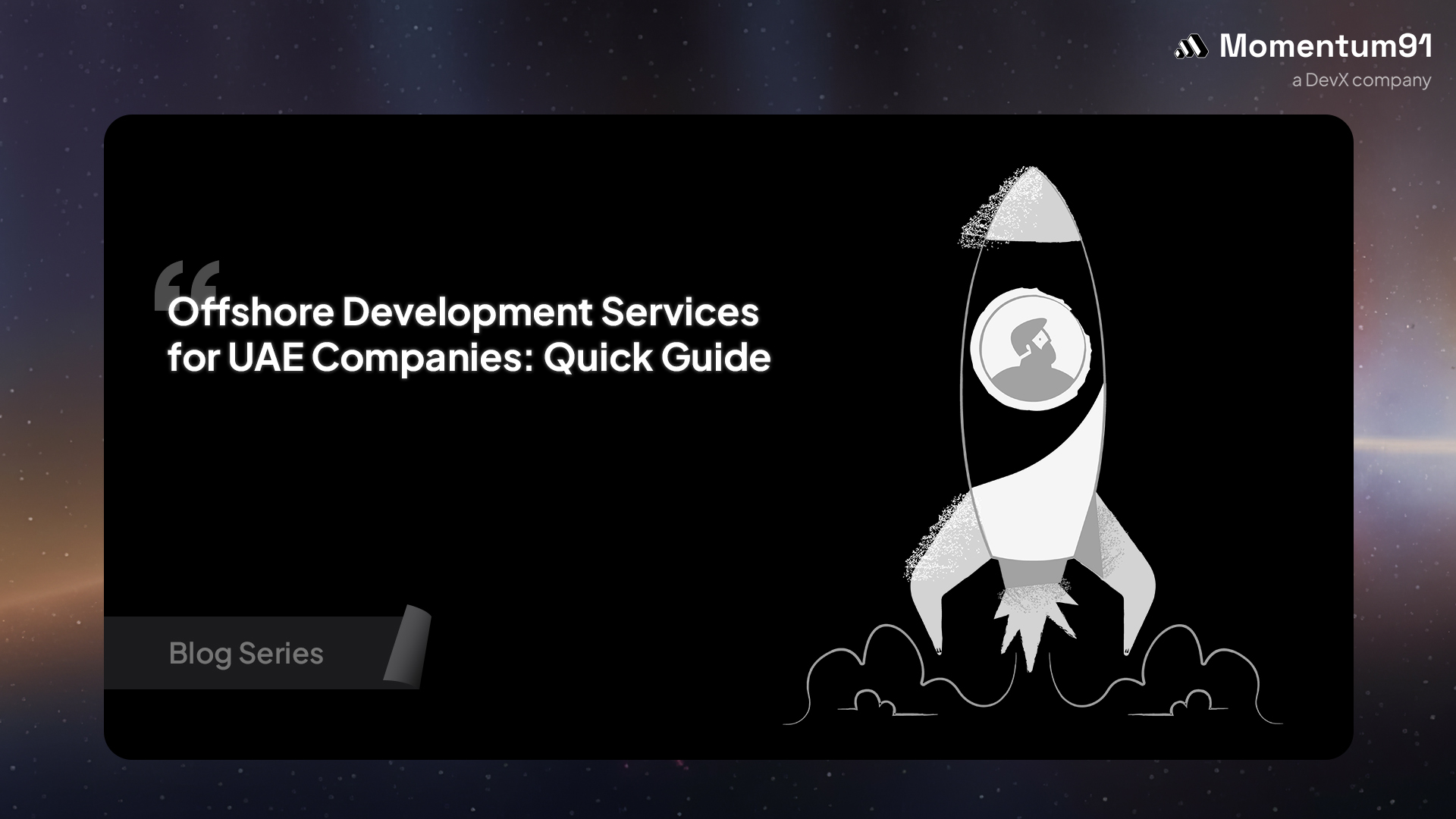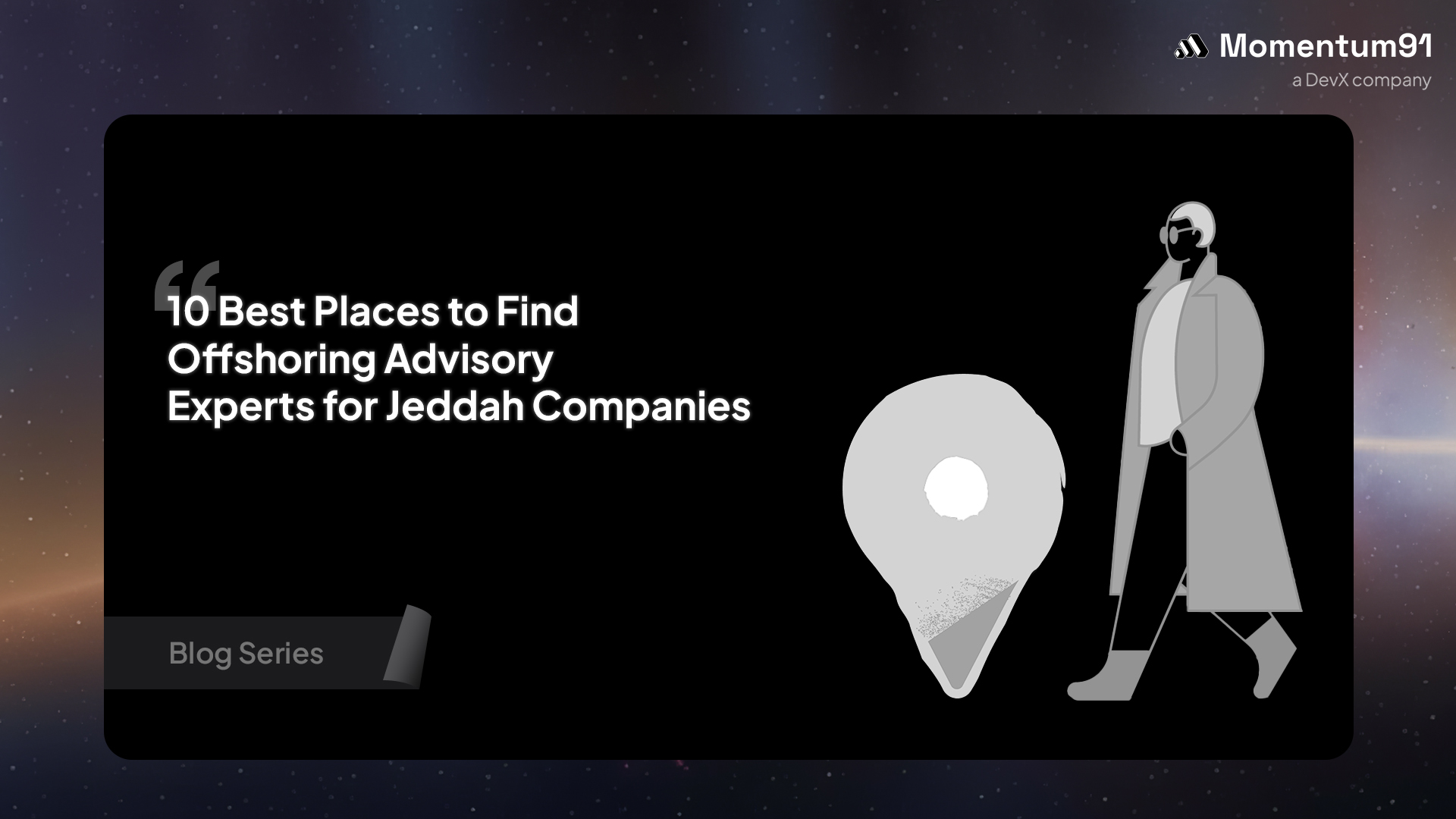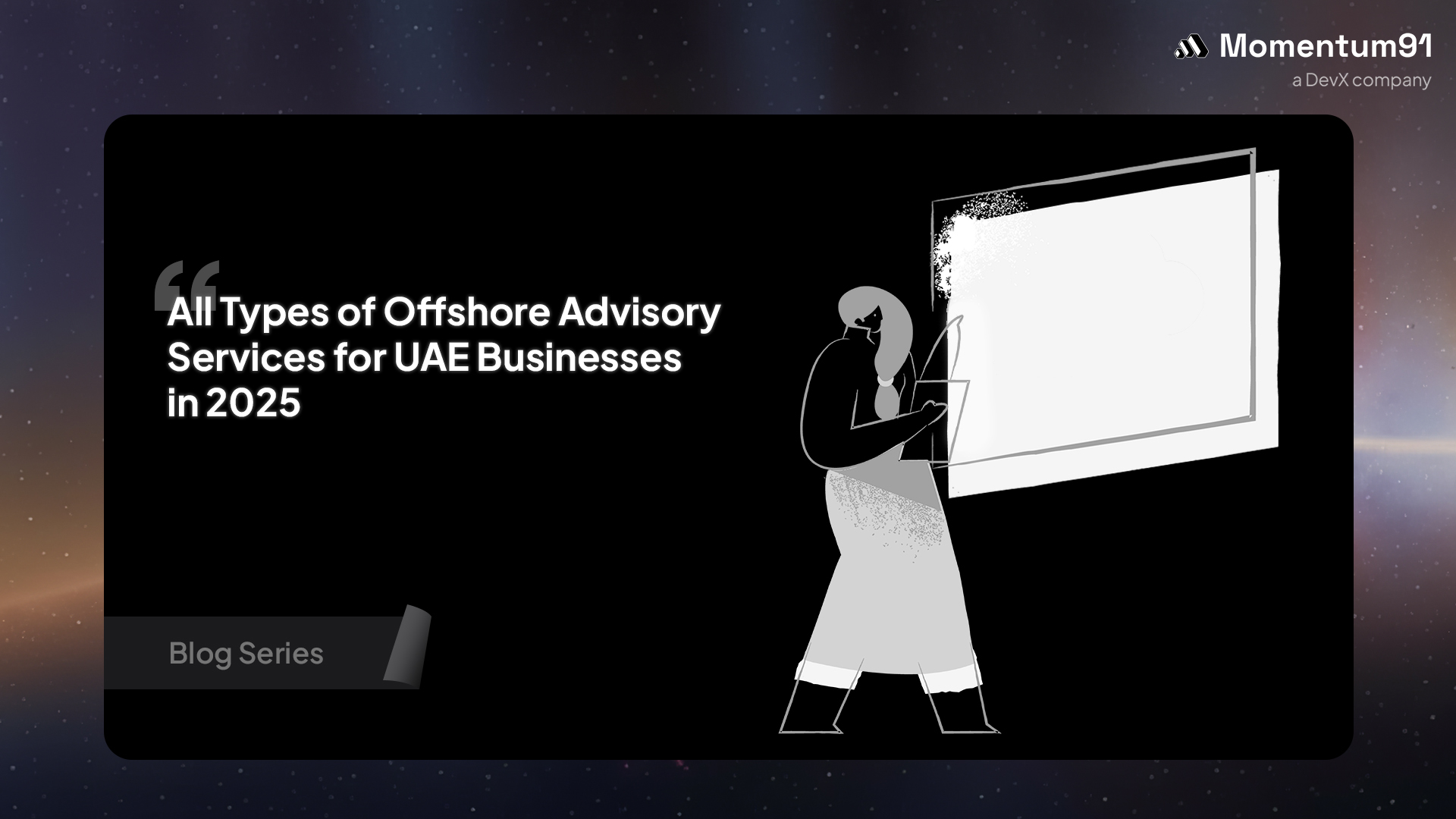A Complete Guide to Offshore Compliance and Payroll Management
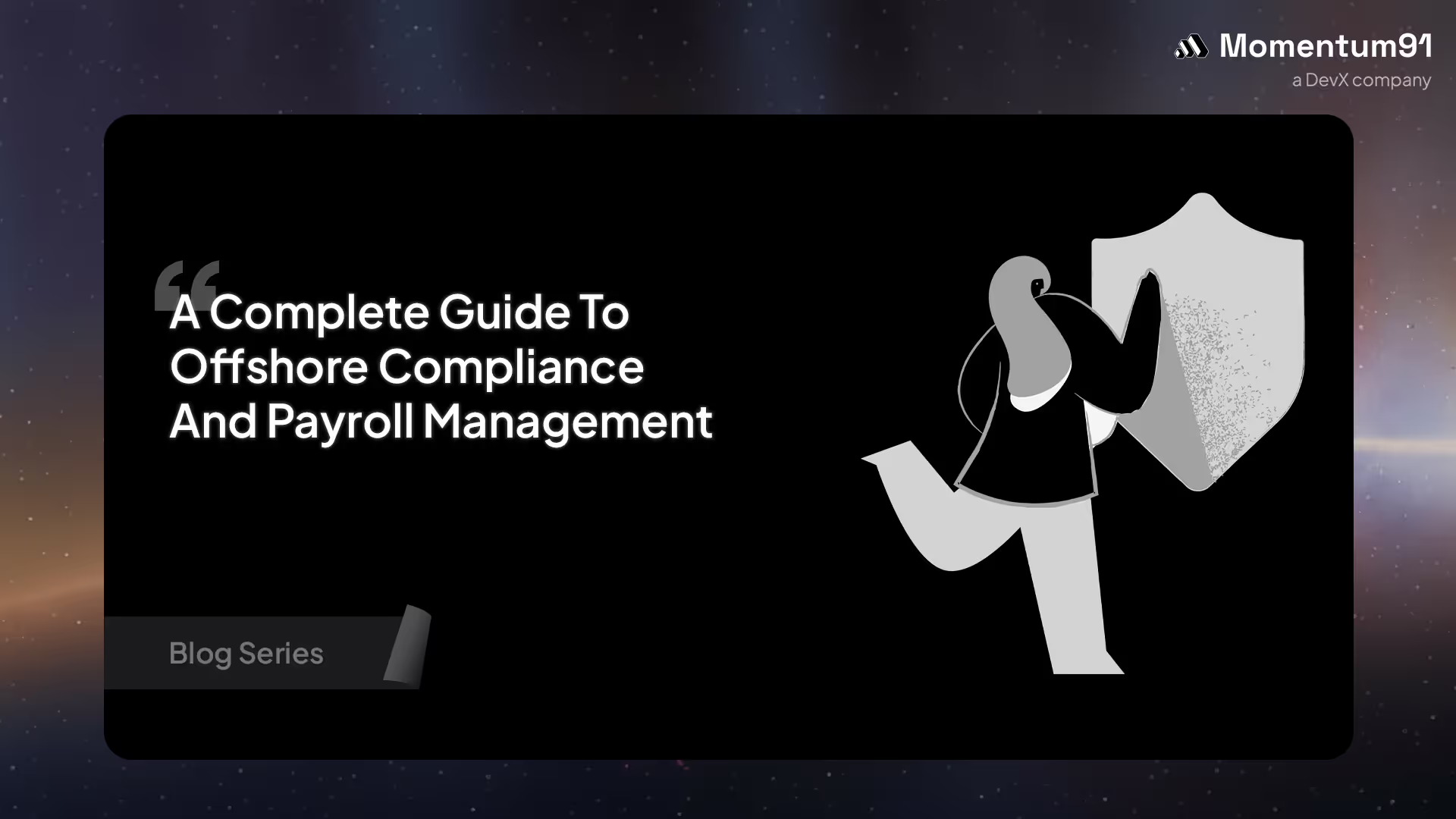
Managing offshore compliance and payroll creates significant challenges for businesses operating across multiple jurisdictions in 2025. Companies face complex regulatory frameworks that demand strict adherence to offshore legal compliance standards.
Enhanced economic substance requirements, stricter AML regulations, and evolving data protection laws have transformed basic administrative functions into strategic business imperatives.
Organizations must master intricate tax obligations, employment laws, and financial reporting standards while maintaining seamless payroll management offshore operations. Momentum91 specializes in comprehensive solutions that address these intricate regulatory demands across 50+ offshore jurisdictions.
Understanding Modern Offshore Compliance and Payroll Frameworks
Offshore compliance and payroll management operates within a complex web of regulatory authorities and evolving standards. Understanding these frameworks helps businesses navigate requirements effectively.
Key Regulatory Bodies Governing Offshore Operations
Major regulatory authorities include:
- European Commission's AMLA: Anti-Money Laundering Authority established new oversight protocols in 2025
- Financial Action Task Force (FATF): Updated beneficial ownership guidance affecting payroll management offshore systems
- OECD's Forum on Harmful Tax Practices: Expanded jurisdiction coverage to include 127 participating countries
- Regional harmonization efforts: Caribbean and Pacific territories standardized reporting requirements
2025 Compliance Landscape Evolution
Digital transformation has revolutionized offshore legal compliance through blockchain technology integration and real-time monitoring systems. Tax authorities in 85% of major offshore jurisdictions now mandate automated compliance reporting.
FATCA and CRS Reporting Requirements
The 2025 FATCA certification deadlines require July 1 filing with enhanced due diligence protocols. Common Reporting Standard expansion now covers digital assets and cryptocurrency transactions.
These regulatory changes establish the foundation for understanding specific tax compliance requirements that businesses must address.
Essential Tax Compliance Requirements for Offshore Legal Compliance
Tax compliance forms the backbone of successful offshore compliance and payroll operations. Organizations must understand bilateral agreements and cross-border obligations to maintain regulatory adherence.
Double Taxation Agreement Navigation
2025 updates to bilateral tax treaties affect 50+ jurisdictions significantly. The Multilateral Instrument (MLI) implementation across offshore centers streamlines treaty applications. Principal Purpose Test application prevents treaty abuse in interpretation processes.
Digital services tax coordination between jurisdictions eliminates double taxation risks. Transfer pricing documentation requirements under BEPS Action 13 mandate comprehensive record-keeping for payroll management offshore systems.
Cross-Border Tax Obligations and Withholding Requirements
Global minimum tax rate implementation affects multinational enterprises operating across borders. Pillar One Amount A allocation rules target digital economy businesses specifically.
Enhanced withholding obligations apply to intellectual property transactions. Source-based taxation rules govern digital services across multiple jurisdictions.
Automatic Exchange of Information Protocols
Master File obligations depend on jurisdiction-specific transfer pricing documentation rules. Many countries require a Master File if the Multinational Enterprise (MNE) group meets certain revenue or transaction value thresholds, which may or may not align with the CbCR threshold.
Offshore legal compliance demands country-by-country reporting for large corporations. Financial account information sharing covers cryptocurrency exchanges. These tax frameworks directly connect to economic substance requirements that reshape offshore operations.
Economic Substance Requirements Reshaping Offshore Compliance and Payroll

Economic substance laws fundamentally changed how offshore compliance and payroll operations demonstrate legitimate business activities. These requirements ensure genuine commercial presence in offshore jurisdictions.
Core Income Generating Activities (CIGAs) Documentation
Key activities requiring local substance include:
- Insurance operations need risk management and underwriting activities performed locally
- Investment fund management demands portfolio administration within the jurisdiction
- Intellectual property holding requires development and exploitation activities
- Financing and leasing operations need credit analysis and monitoring functions for payroll management offshore compliance
Physical Presence and Management Requirements
The directed and managed test requires majority board meetings within the jurisdiction. Adequate employee standards vary by revenue thresholds and business complexity. Operating expenditure proportionality tests link directly to income levels.
Compliance Testing and Audit Procedures
Annual economic substance reporting affects 40+ jurisdictions with strict deadlines. Risk-based audit selection targets high-risk IP and fund management entities. Offshore legal compliance penalties range from financial fines to entity deregistration. These substance requirements directly impact employment law obligations across jurisdictions.
Employment Law Compliance Across Offshore Jurisdictions
Employment regulations create complex obligations for offshore compliance and payroll systems. Companies must understand classification rules and statutory requirements across multiple jurisdictions.
Worker Classification and Misclassification Risks
Key classification challenges include:
- Independent contractor vs employee criteria: ABC test implementation affects multiple offshore territories
- Digital nomad visa programs: New visa categories complicate traditional employment classification
- Cross-border remote work arrangements: Companies must determine which jurisdiction's laws apply
- Platform economy challenges: Gig workers create classification difficulties for payroll management offshore operations
Statutory Contributions and Benefits Management
Social security coordination agreements connect offshore and onshore jurisdictions. Healthcare benefits portability affects international assignments significantly. Pension contribution obligations apply to non-resident employees.
Minimum Wage and Overtime Regulations
Living wage calculations incorporate offshore cost-of-living adjustments. Overtime exemptions apply to executive employees. Offshore legal compliance requires understanding jurisdiction-specific holiday entitlements.
These employment frameworks connect directly to data protection requirements that govern employee information handling.
Data Protection and GDPR Impact on Offshore Legal Compliance

Data protection laws significantly affect offshore compliance and payroll operations handling EU employee information. Companies must implement robust security measures and transfer protocols.
Cross-Border Data Transfer Protocols
Standard Contractual Clauses (SCCs) govern third country data transfers effectively. Data Processing Agreements (DPAs) establish requirements for offshore service providers. Adequacy decision updates affect data flows to specific offshore jurisdictions.
Binding Corporate Rules (BCRs) enable multinational enterprise data transfers. Transfer Impact Assessments (TIAs) address high-risk processing activities for payroll management offshore systems.
Payroll Data Security and Encryption Standards
End-to-end encryption protects payroll data transmission across borders. Multi-factor authentication controls system access effectively. Data retention policies align with local and international requirements.
Employee Consent and Privacy Rights Management
Explicit consent requirements apply to sensitive personal data processing. Right to be forgotten implementation affects payroll systems directly. Offshore legal compliance demands comprehensive privacy impact assessments.
These data protection frameworks connect to anti-money laundering requirements that monitor financial transactions.
Anti-Money Laundering (AML) and KYC Requirements in Offshore Compliance and Payroll
AML compliance offshore and KYC requirements offshore form critical components of offshore compliance and payroll operations. Financial institutions must implement robust screening and monitoring procedures for cross-border compliance.
Enhanced Due Diligence Procedures
Essential due diligence components include:
- Customer Due Diligence (CDD): Verify identity and assess risk levels for high-risk offshore financial regulations
- Ultimate Beneficial Ownership (UBO): Identify and verify individuals with 25% or greater ownership stakes
- Politically Exposed Persons (PEPs): Screen and monitor politically connected individuals continuously
- Enhanced monitoring: Track transactions from high-risk jurisdictions using AI-powered systems
Suspicious Activity Reporting Obligations
Suspicious Activity Report (SAR) filing requirements vary across jurisdictions. Real-time transaction monitoring uses machine learning algorithms effectively. Payroll management offshore systems must integrate AML compliance offshore screening protocols.
Beneficial Ownership Disclosure Requirements
Central beneficial ownership registries operate across multiple jurisdictions. Offshore legal compliance demands disclosure for ownership above 25% thresholds. These AML frameworks connect directly to technology solutions that streamline offshore compliance and payroll processes.
Technology Solutions for Streamlined Offshore Legal Compliance
Modern technology transforms offshore compliance and payroll management through automation and intelligent monitoring. Advanced platforms reduce manual workload while ensuring regulatory adherence.
Automated Compliance Monitoring Systems
Key technological capabilities include:
- AI-powered regulatory tracking: Monitor changes across 50+ offshore audit requirements jurisdictions automatically
- Real-time compliance dashboards: Integration with existing ERP systems for seamless payroll management offshore operations
- Automated alert systems: Deadline management and reporting obligations for cross-border compliance
- Machine learning algorithms: Risk assessment and anomaly detection reducing false positives by 40%
Multi-Jurisdiction Rule Engines
Configurable rule sets accommodate varying offshore legal compliance requirements effectively. Workflow automation reduces manual compliance tasks significantly. Integration capabilities work with leading payroll and HR management systems.
Real-Time Regulatory Update Integration
Automated regulatory feeds integrate from government agencies and international organizations. Impact assessment tools evaluate regulatory changes on offshore compliance and payroll operations.
These technology solutions directly support comprehensive service offerings that address complex regulatory challenges.
How Momentum91 Can Help You Navigate Offshore Compliance and Payroll Complexities
Momentum91 brings together deep AI, development, and design expertise to help you scale offshore compliance and payroll quickly and efficiently. With 8 years of experience, a global infrastructure spanning 25 centers and 11 cities, and a talent pool of 13,000+ people, we deliver embedded, full-stack teams that feel like your own.
We move fast, with 95% of offshore compliance and payroll teams going live in under ten weeks, and we cover everything from economic substance requirements PoC development to cross-border compliance software roll-outs and UX strategy.
Key Strengths:
- AI-First Thinking: Innovation begins with thoughtful offshore legal compliance integration
- End-to-End Development: From concept to delivery, Momentum91 covers all phases of payroll management offshore development
- Full-Stack Execution: Engineers, designers, and product minds all embedded in your offshore compliance and payroll vision
- Embedded Product Teams: Offshore financial regulations teams work as if they're onsite
- Scalable Talent: Rapid team building powered by India's most reliable partner networks
Explore how Momentum91 transforms offshore compliance and payroll ideas into impactful, scalable products.
Conclusion
Offshore compliance and payroll management creates significant obstacles for businesses choosing between outsourcing and offshoring models. Outsourcing lacks direct control over cross-border compliance processes, while offshoring demands extensive internal expertise for economic substance requirements.
This led to costly regulatory violations, unexpected penalties reaching millions of dollars, and operational disruptions damaging business reputation. Companies face mounting pressure from offshore legal compliance demands without clear implementation strategies.
Momentum91 eliminates these risks by providing comprehensive offshore compliance and payroll solutions combining regulatory expertise with advanced technology platforms.
Contact Momentum91 today and discover how our AI-powered solutions can transform your compliance challenges into competitive advantages.
FAQs
1. What are the key offshore compliance and payroll requirements in 2025?
Essential offshore compliance and payroll requirements include economic substance requirements, AML compliance offshore, KYC requirements offshore, GDPR protocols, and cross-border compliance adherence. Companies must demonstrate physical presence, maintain adequate staffing, conduct core income-generating activities, and implement payroll management offshore systems across multiple jurisdictions with strict regulatory oversight.
2. How do economic substance requirements affect offshore legal compliance?
Economic substance requirements mandate offshore entities demonstrate real business activities through local management, adequate employees, and proportional expenses. Non-compliance affects offshore legal compliance significantly, resulting in fines, deregistration, or information exchange with tax authorities impacting offshore compliance and payroll operations across jurisdictions.
3. What are the penalties for non-compliance with offshore payroll regulations?
Offshore compliance and payroll violations result in substantial fines, criminal liability, and operational restrictions. Recent enforcement shows penalties exceeding $600 million for AML compliance offshore failures. Payroll management offshore non-compliance triggers back taxes, interest, and potential entity dissolution affecting offshore legal compliance standing permanently.
4. How does GDPR impact offshore compliance and payroll operations?
GDPR requires enhanced data protection for offshore compliance and payroll operations, including encryption, consent management, and breach notification within 72 hours. Cross-border compliance demands Transfer Impact Assessments with penalties reaching 4% of global revenue for offshore legal compliance violations affecting payroll management offshore systems.
5. What documentation is required for offshore legal compliance audits?
Offshore legal compliance audits require employment contracts, payroll records, AML compliance offshore files, beneficial ownership registers, and economic substance requirements proof. Offshore compliance and payroll documentation includes office leases, employee records, digital audit trails, and AI-powered monitoring reports for comprehensive cross-border compliance verification.
6. How can technology improve offshore compliance and payroll management?
Technology enhances offshore compliance and payroll through automated monitoring, real-time regulatory updates, and integrated AML compliance offshore screening. AI-powered systems streamline payroll management offshore processes, detect compliance gaps, reduce false positives by 30%, and ensure comprehensive offshore legal compliance across multiple jurisdictions effectively.
The inbox update you’ll never want to skip
A quick catch-up with ideas, wins, and tips worth stealing, straight to your inbox every week.
The easiest way to reach us.
Share your details and we’ll get back within 24 hours.
Blogs
A plethora of insights,all in one place
From strategy to execution. All the big ideas, practical guides & fresh perspectives that’ll help you scale with confidence
Ebooks
Comprehensive guides that break down the shifts in business and technology, Helping you lead with clarity.

Office Hours
Your direct line to our experts. Practical advice for scaling, right when you need it.

Reports
Data-backed perspectives on where industries are headed, giving you the foresight to make bolder moves.
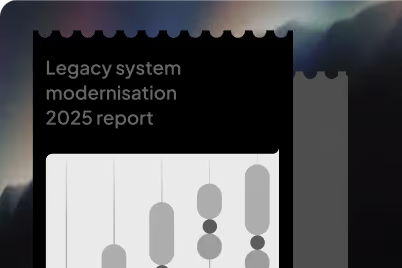
Newsletter
A quick catch-up with ideas, wins, and tips worth stealing, straight to your inbox every week.
.avif)
Podcasts
Conversations where you get to know everything from the ones who know it best.
.avif)
Hire Offshore Developers, Right Now!
Access top-tier global talent, enterprise infrastructure, and complete regulatory compliance through our proven model.
Start Now




